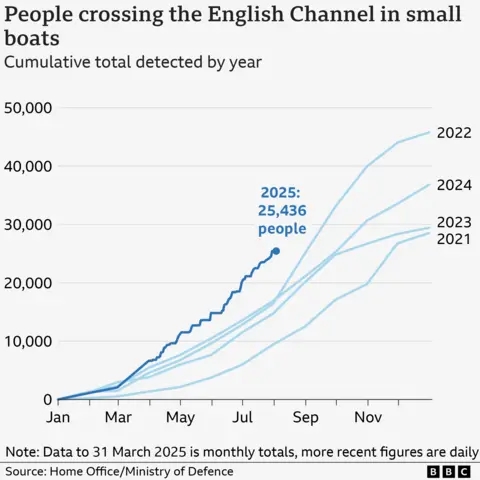Italy’s controversial strategy to fast-track asylum applications in Albania has suffered a major setback after the European Court of Justice (ECJ) ruled that key aspects of the plan violate EU law.
The decision targets Italy’s classification of certain nations as “safe” for migrant returns, a crucial element of the agreement between Rome and Tirana. Under the deal, migrants intercepted at sea were to be sent directly to Albanian processing centers, with those from designated safe countries facing rapid deportation if their asylum claims were denied.
However, the ECJ found that Italy’s criteria for labeling a country as safe—which currently include Egypt and Bangladesh—fail to meet EU standards. The court emphasized that such designations must ensure protection for all citizens, not just certain groups, and that evidence supporting these classifications must be publicly available for legal scrutiny.
The ruling has drawn sharp criticism from Italian officials, who argue that it undermines national sovereignty over border control. Meanwhile, human rights organizations have welcomed the decision, calling it a blow to policies they view as unlawful and inhumane.
The Albania initiative, a flagship policy of Italy’s current leadership, has faced repeated legal challenges since its announcement. Despite significant investment in processing facilities, the centers have remained largely unused due to ongoing disputes.
The ECJ’s decision could also influence broader EU migration policies, including a new pact set to take effect next year. Legal experts note that the ruling reinforces judicial oversight over political decisions regarding asylum procedures.
As other nations, including the UK, explore similar offshore processing models, the court’s stance may force a reevaluation of such approaches. For now, Italy’s plan remains in limbo, with authorities required to revise their policies to comply with EU law.









